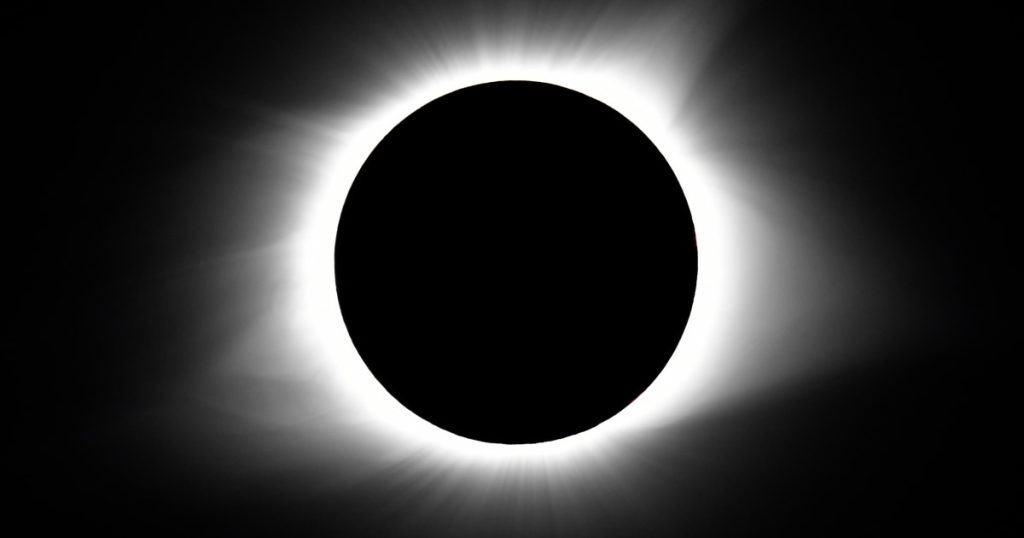Inmates in New York are taking legal action against the state corrections department over the decision to lock down prisons during an upcoming total solar eclipse. The lawsuit, filed by six men with varying religious backgrounds incarcerated at the Woodbourne Correctional Facility, argues that the April 8 lockdown infringes upon their constitutional rights to practice their faiths. The plaintiffs include a Baptist, a Muslim, a Seventh-Day Adventist, two practitioners of Santeria, and an atheist. They claim that the celestial event holds great religious significance, citing references in Bible passages and Islamic works to eclipse-like phenomena during religious events.
One of the plaintiffs, an atheist, was previously granted special permission to view the eclipse with provided glasses, but this was before the lockdown was implemented. The other inmates were denied permission to view the eclipse, with officials claiming that it is not a holy day for their religions. While a spokesperson for the corrections department stated that all requests for religious accommodations are considered, the specifics related to viewing the eclipse are currently under review. The inmates argue that the eclipse warrants gathering, celebration, worship, and prayer, and that they should be allowed to participate in this rare and significant event.
The acting commissioner of the state corrections department announced that all facilities will operate on a holiday schedule on the day of the eclipse, with inmates remaining in their housing units except for emergencies. Outdoor recreation hours will also be affected by the holiday schedule, limiting inmates’ ability to spend time outside. Visitation will be restricted at nearly two dozen prisons in the eclipse’s path of totality, and will end early at other facilities. However, the department plans to distribute safety glasses for viewing the eclipse to staff and incarcerated individuals at prisons in the path of totality, allowing them to view the event from their assigned locations.
Communities in western and northern parts of New York are expected to have some of the best viewing opportunities for the total eclipse, including cities like Buffalo, Rochester, Syracuse, and Plattsburgh. The rare celestial event will not be visible in the U.S. again until 2044, adding to the significance for those seeking to view it. The inmates involved in the lawsuit argue that the state’s decision to lock down prisons during the eclipse prevents them from participating in an event of great religious importance, infringing upon their rights to practice their faiths. The outcome of the legal action will determine whether the inmates will be granted permission to view the eclipse or if the lockdown restrictions will remain in place.















